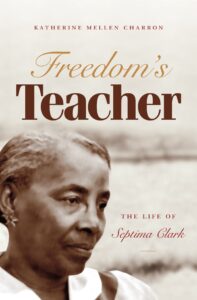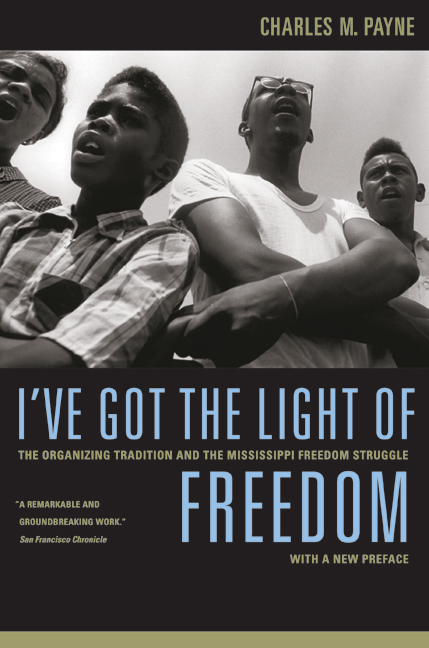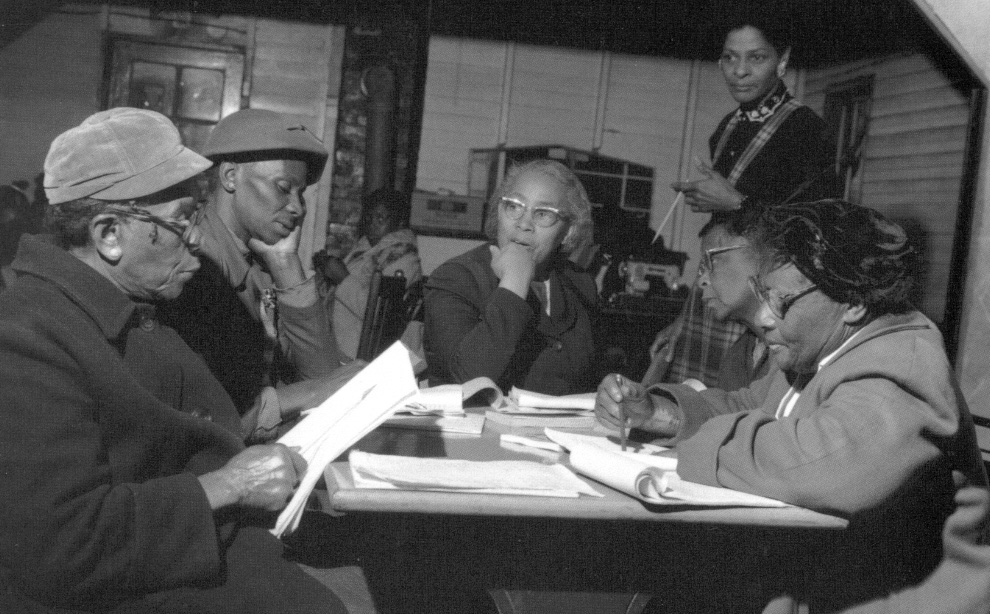 Septima Poinsette Clark’s gift to the Civil Rights Movement was education. In the mid-1950s, this former public school teacher developed a citizenship training program that enabled thousands of African Americans to register to vote and then to link the power of the ballot to concrete strategies for individual and communal empowerment. This biography places Clark (1898-1987) in a long tradition of southern African American activist educators, women who spent their lives teaching citizenship by helping people to help themselves.
Septima Poinsette Clark’s gift to the Civil Rights Movement was education. In the mid-1950s, this former public school teacher developed a citizenship training program that enabled thousands of African Americans to register to vote and then to link the power of the ballot to concrete strategies for individual and communal empowerment. This biography places Clark (1898-1987) in a long tradition of southern African American activist educators, women who spent their lives teaching citizenship by helping people to help themselves.
Freedom’s Teacher traces Clark’s life from her earliest years as a student, teacher, and community member in rural and urban South Carolina to her increasing radicalization as an activist following World War II, highlighting how Clark brought her life’s work to bear on the civil rights movement. Katherine Mellen Charron’s portrait demonstrates Clark’s crucial role — and the role of many black women teachers — in making education a cornerstone of the twentieth-century freedom struggle.
Drawing on autobiographies and memoirs by fellow black educators, state educational records, papers from civil rights organizations, and oral histories, Charron argues that the schoolhouse served as an important institutional base for the movement. Clark’s program also fostered participation from grassroots southern black women, affording them the opportunity to link their personal concerns to their political involvement on the community’s behalf. [Publisher’s description.]
ISBN: 9780807833322 | University of North Carolina Press
Related Resources
Oral History Interview with Septima Poinsette Clark from Documenting the American South, July 30, 1976.










Twitter
Google plus
LinkedIn